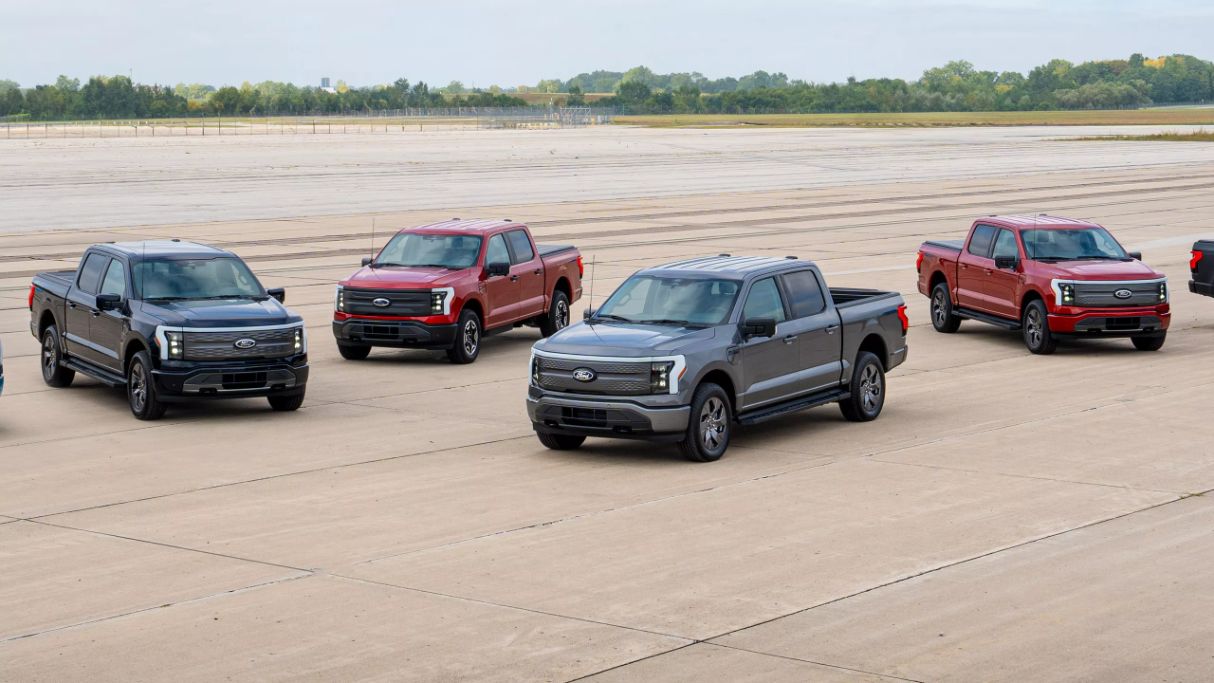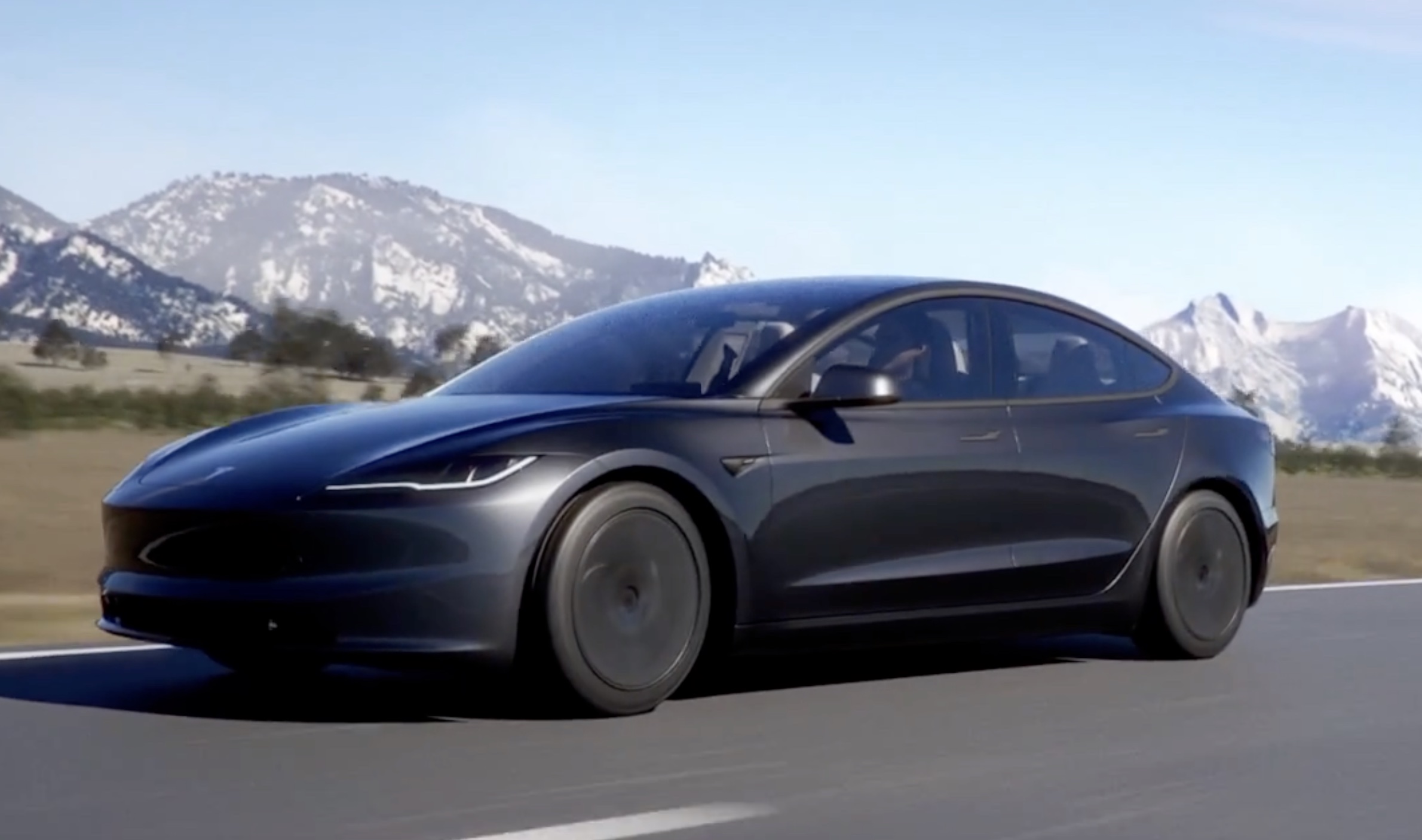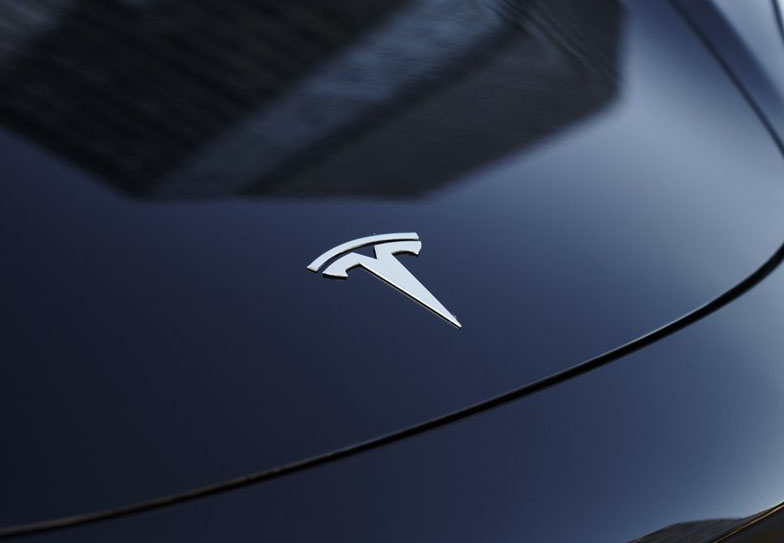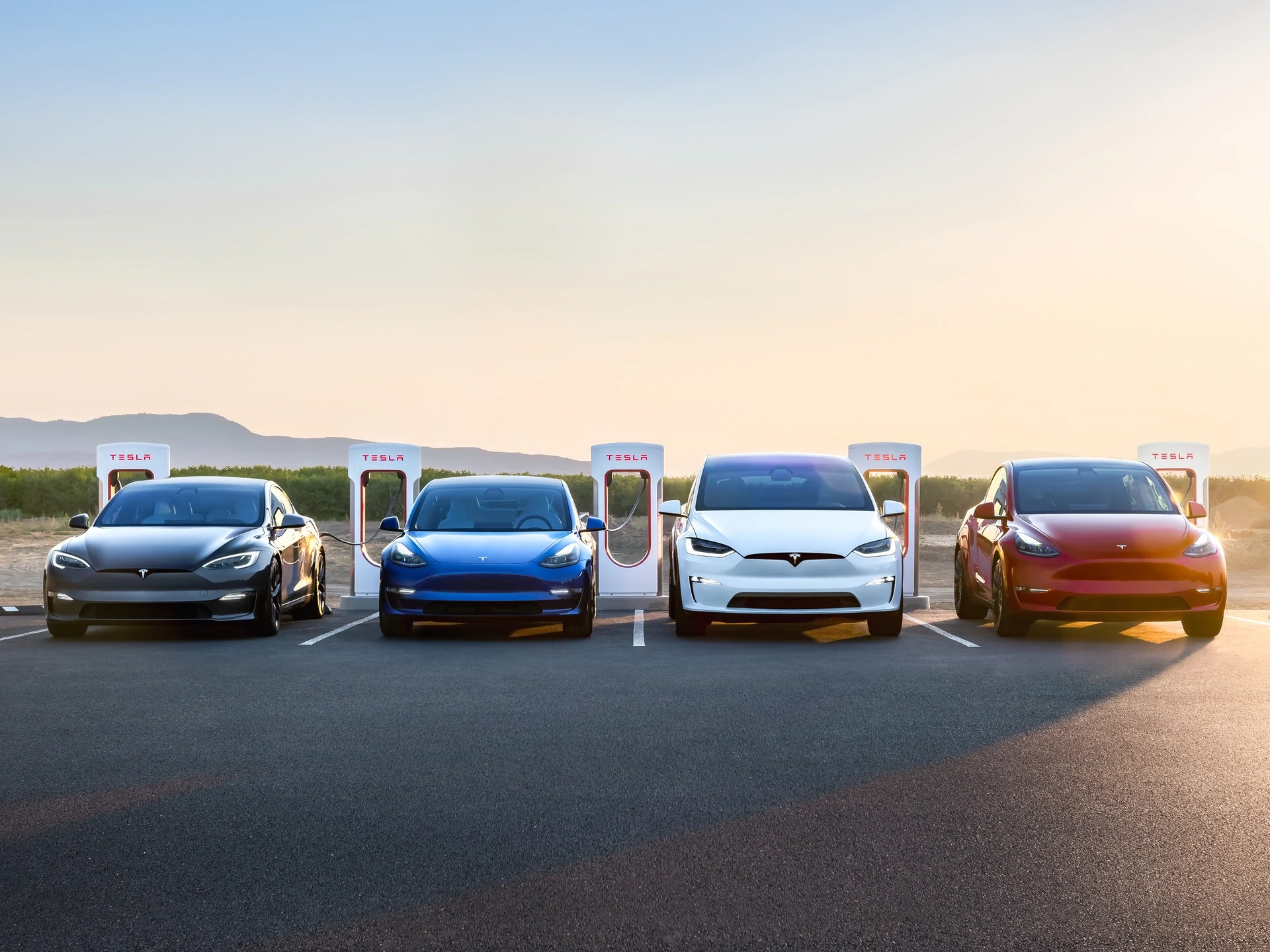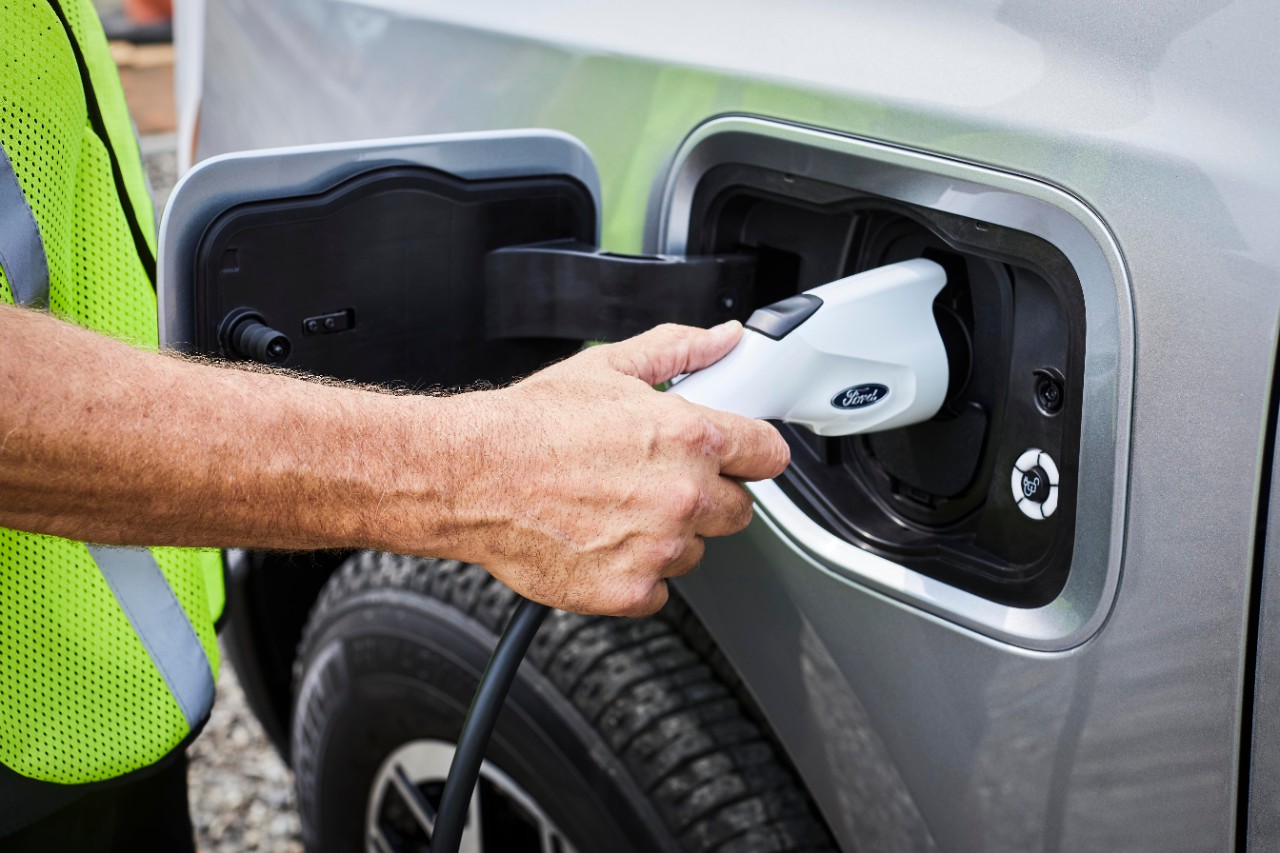Ford revealed on Friday its decision to scale back production of its F-150 Lightning pickup truck due to lower-than-expected demand for electric vehicles (EVs). The No. 2 U.S. automaker stated that it would implement a reduction in production at its Michigan Rouge Electric Vehicle Center to one shift, starting April 1. This move follows Ford’s earlier announcement in October, signaling a temporary cut in one of the three shifts at the Michigan plant dedicated to manufacturing the electric F-150 Lightning pickup truck.
In a statement, Ford CEO Jim Farley highlighted the company’s commitment to offering customers choices while maintaining a balance between growth and profitability. The decision to adjust production reflects the ongoing flexibility in Ford’s manufacturing processes.
See also: Ford Unveils Off-Road Focused F-150 Lightning Switchgear Concept
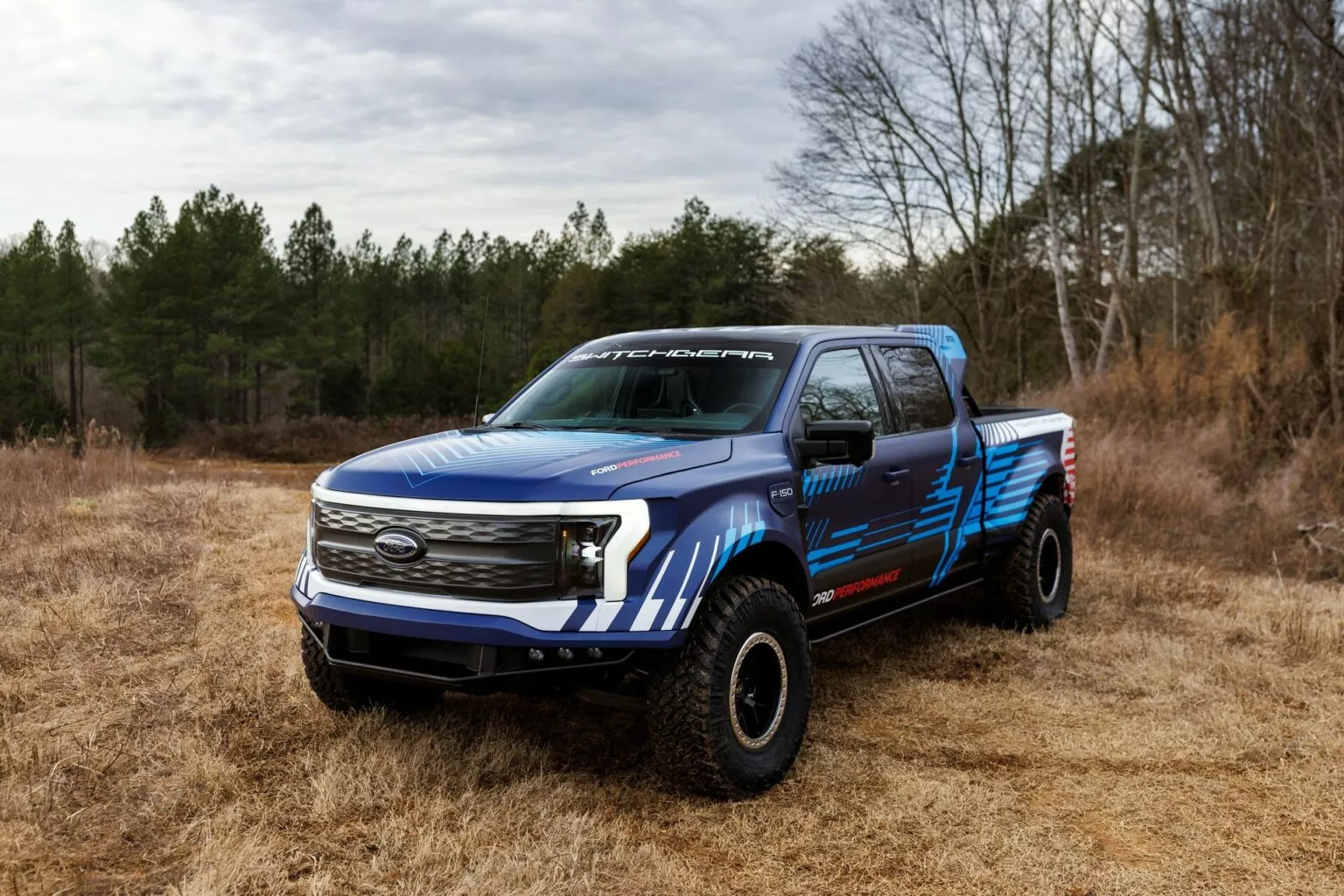
The recent development aligns with broader indications of a slowdown in demand for EV trucks, as evidenced by General Motors postponing the opening of a $4 billion electric truck plant in Michigan for a year in October.
Ford, in December, informed suppliers of its plan to produce approximately 1,600 F-150 Lightning EV trucks per week from January onwards, marking a reduction from the initially intended 3,200 units. Despite selling 24,165 F-150 Lightning trucks in the United States last year, representing a 55% increase from 2022, the move to adjust production comes as a strategic response to market dynamics.
While Ford had previously set ambitious production targets for the F-150 Lightning, the current adjustment indicates a shift in focus, with the company announcing plans to increase production of gas-powered Bronco SUVs and Ranger pickups by adding a third crew and creating nearly 900 jobs at its Michigan assembly plant.
See also: Ford Adjusts Pricing Strategy for F-150 Lightning Models in 2024

The reduction in F-150 Lightning production impacts 1,400 workers at the plant, with around 700 transferring to the Michigan Assembly Plant and others being reassigned within the Rouge Complex or other facilities in Michigan. Ford aims to mitigate the impact on workers through a special retirement program.
Against the backdrop of industry-wide debates over emissions regulations, the Biden Administration’s proposals have faced resistance from Detroit automakers. The Environmental Protection Agency (EPA) recently submitted its vehicle requirements proposal to the White House for review. The move comes after the Republican-led U.S. House voted in December to block the EPA’s planned vehicle emissions regulations, drawing a veto threat from the White House.
See also: Ford Adjusts F-150 Lightning Production Plans in Response to Shifting Market Demand

Ford, acknowledging challenges in EV profitability, mentioned a few dozen employees at component plants supporting F-150 Lightning production might be impacted. The company had previously reported a loss of around $36,000 on each of the 36,000 EVs delivered to dealers in the third quarter of last year. Despite this, Ford remains optimistic about continued growth in global EV sales in 2024, albeit at a rate “less than anticipated.” Legacy car manufacturers, including Ford, have adjusted their focus to hybrid models in response to changing buyer preferences over the past year.

